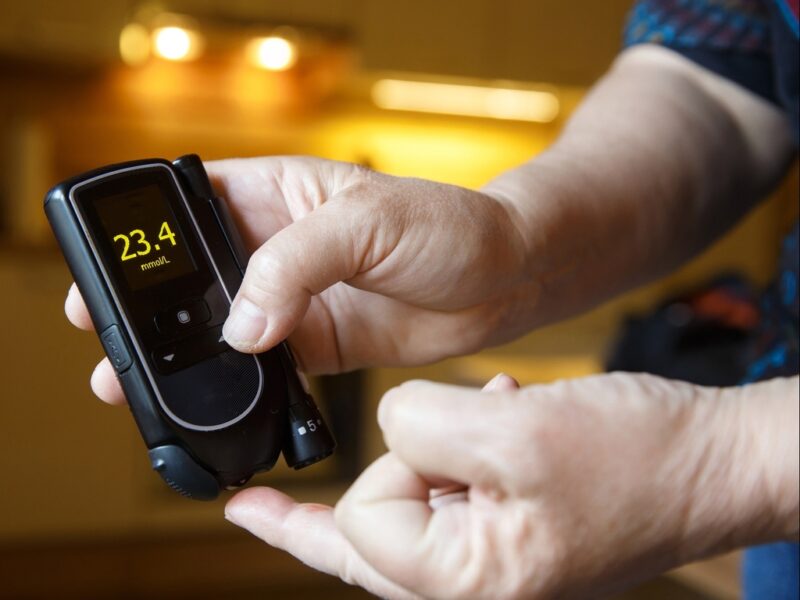
Diabetes is a chronic disease that demands intense management on the part of the doctor and patient for smooth survival. The doctor’s role is to diagnose diabetes early in an individual, find out which type the individual suffers from, and then keep the patient alive by controlling the risks posed by the disease. It is just not about medication; there are other factors that contribute to the overall control of diabetes in individuals.
Healthy Eating
To understand diabetes, learn about carbs, calories, and insulin. Learn safe ways to make food choices and stay active and fit. One can eat healthily and be in control of their blood sugars. Eat regular meals and snacks. If the body doesn’t get the right amount of food at the right time, the blood sugar level might drop. Eating smaller, more regular meals and snacks can help control blood sugar swings. Eat less than one is used to, and pay attention to the body’s hunger signals.
Exercise
When one lives with diabetes, it’s important to be active every day. Why? Because exercise helps control the blood sugar to keep it in the normal range. Regular exercise has other benefits, too. It can help one lose weight if they’re overweight or obese, lower the cholesterol to help lower the risk of heart disease, improve mood and energy levels, strengthen the muscles and bones, and make everyday activities easier.
Control Stress
If one has diabetes, keeping stress under control is essential. That’s because stress can lead to poor eating habits and not taking diabetes medicines. One can reduce their stress by learning ways to relax. Try deep breathing, yoga, or taking up a hobby that is calming.
Don’t Smoke
Smoking increases the chance of having diabetes problems, such as heart disease, eye disease, stroke, kidney disease, blood vessel disease, nerve damage, and foot problems. People with diabetes who smoke also have a more difficult time controlling their diabetes. Talk to the doctor for assistance to stop smoking.
Monitor Alcohol Consumption
If one chooses to drink, don’t overdo it. Check the blood sugar level before drinking and take steps to avoid low blood sugars. Alcohol may also relax the control over the number of carbohydrates one eats in a meal. Most beer, wine, and liquor have a lot of calories from carbs and may be high in sugar. Choose drinks that have few or no carbs to keep the total carb count down.





